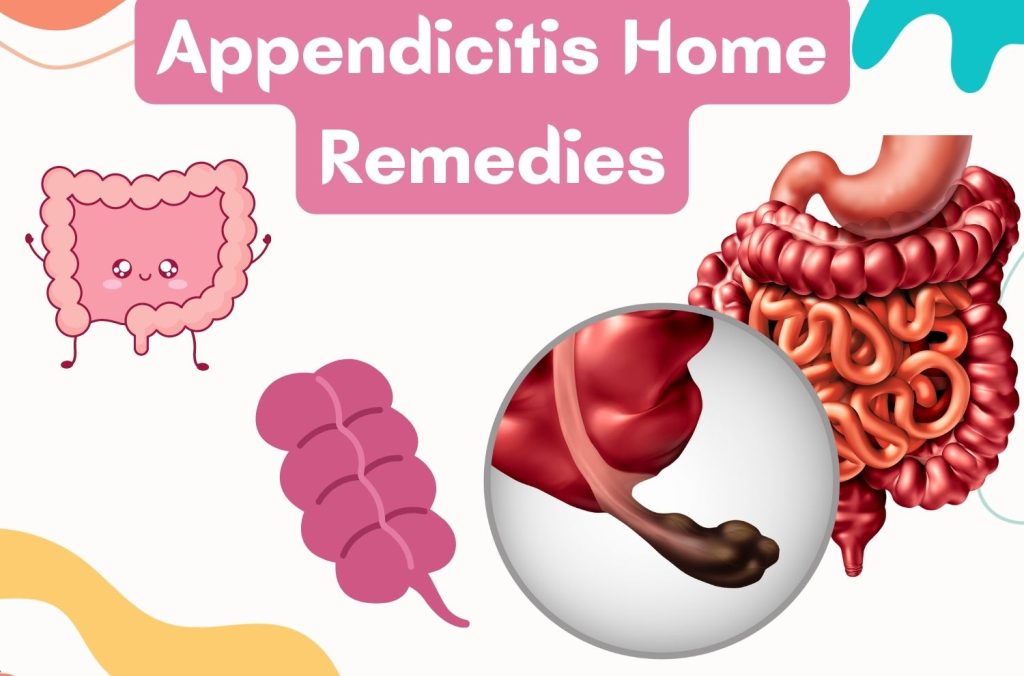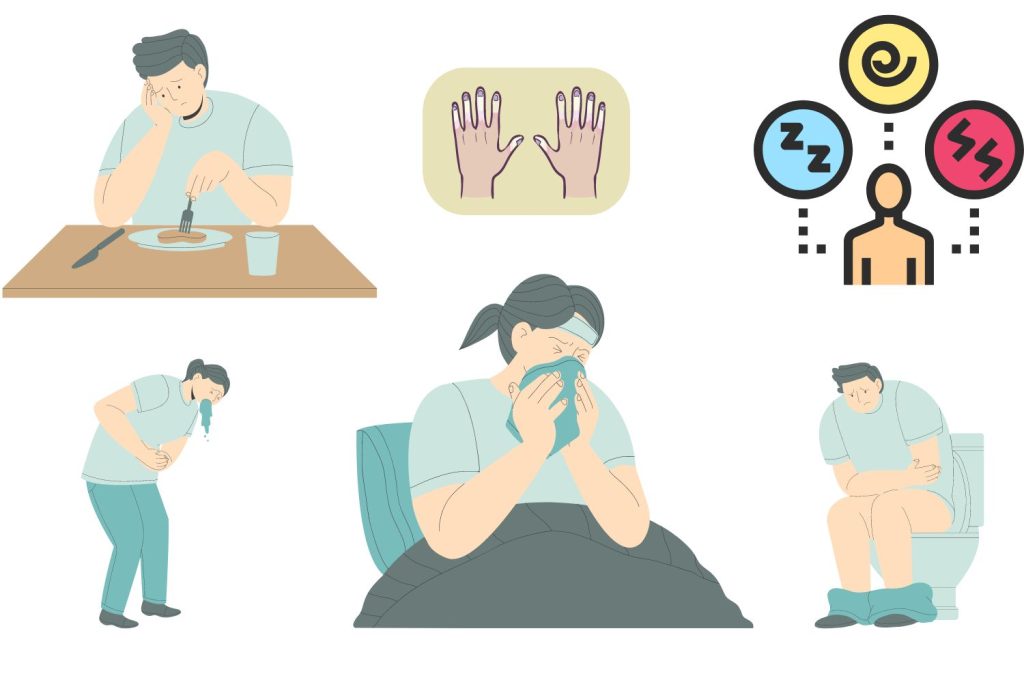
What Is Appendicitis
The appendix, a little finger-shaped organ connected to the big intestine, becomes inflamed and pus-filled in appendicitis. This illness need prompt medical treatment, since an inflamed appendix can burst and disseminate bacteria throughout the abdominal cavity, resulting in a potentially fatal infection known as peritonitis.
Appendicitis Symptoms
Symptoms of appendicitis normally begin with abdominal pain, which commonly begins on the lower right side of the abdomen and gradually extends to the entire abdomen. In addition to nausea, vomiting, loss of appetite, fever, and constipation or diarrhea, other typical symptoms include nausea, vomiting, and fever. Initially, these symptoms may be modest, but they often develop over time.

What Food Can Cause Appendicitis
The precise etiology of appendicitis is unknown, however it is considered to be connected to a blockage of the appendix, which can be caused by a stool pile, infection, or foreign object. While they can contribute to appendix obstructions, some meals, such as those heavy in fat, fiber, and sugar, may raise the risk of appendicitis.
Appendicitis Diagnosis
Physical examination, blood tests, and imaging techniques, such as ultrasound or computed tomography (CT) scans, are often used to diagnose appendicitis. Laparoscopy, a less invasive surgical procedure, may be utilized in some instances to see the appendix and confirm the diagnosis.

Appendicitis Treatment
Appendectomy refers to the surgical removal of an inflamed or diseased appendix. There are two primary forms of appendectomy: laparoscopic and open.
Open Appendectomy
A tiny incision is created on the lower right side of the abdomen, and the appendix is removed through the incision during an open appendectomy. This sort of surgery is often performed under general anesthesia and may necessitate a few days in the hospital.
Laparoscopic Appendectomy
During a laparoscopic appendectomy, the surgeon makes numerous tiny incisions in the belly and inserts a laparoscope, a small tube equipped with a camera and light, in order to see the appendix. Using small surgical instruments, the physician then removes the appendix through one of the incisions. This sort of surgery is also performed under general anesthesia, although the hospital stay and recovery period may be shorter.
The type of appendectomy performed depends on the patient’s condition, the surgeon’s experience and preference, and other variables such as the appendix’s size, location, and the occurrence of problems.
Appendicitis Post Surgical Treatment
When the appendix has been removed, the wounds are healed with sutures or surgical adhesive, and the patient is watched for problems, such as infection or bleeding. Antibiotics and pain drugs may be administered to treat and prevent pain and infection, respectively.
After an appendectomy, the majority of patients are able to resume regular activities within a few days to a week, but excessive exertion and heavy lifting should be avoided for several weeks. It is essential to adhere to the surgeon’s postoperative care recommendations and attend all follow-up sessions to guarantee normal healing and avoid problems.

Appendicitis Home Remedies
There are some home remedies for appendicitis that may help ease the pain and other symptoms, but they are not a replacement for medical care. These solutions are:
- Take Lots Of Rest: Resting in bed and drinking a lot of fluids can help reduce swelling and keep you from getting dehydrated.
- Heating pad: Putting a warm compress or heating pad on the stomach can help relieve pain and discomfort.
- Herbal treatments: Ginger, turmeric, and peppermint are all herbs that have anti-inflammatory properties and may help reduce pain and swelling.
- Probiotics: You can find probiotics in yogurt and other fermented foods. They may help restore healthy gut bacteria and lower the risk of getting sick.
These therapies may help relieve the discomfort of appendicitis, but if you think you have the illness, you should visit a doctor. In order to heal from appendicitis, which can be dangerous if left untreated, immediate medical attention is required.
FAQS
Q. Can stress cause appendicitis?
A. No research has linked stress to an increase in appendicitis. A obstruction in the appendix can lead to inflammation and infection, which is what causes appendicitis.
